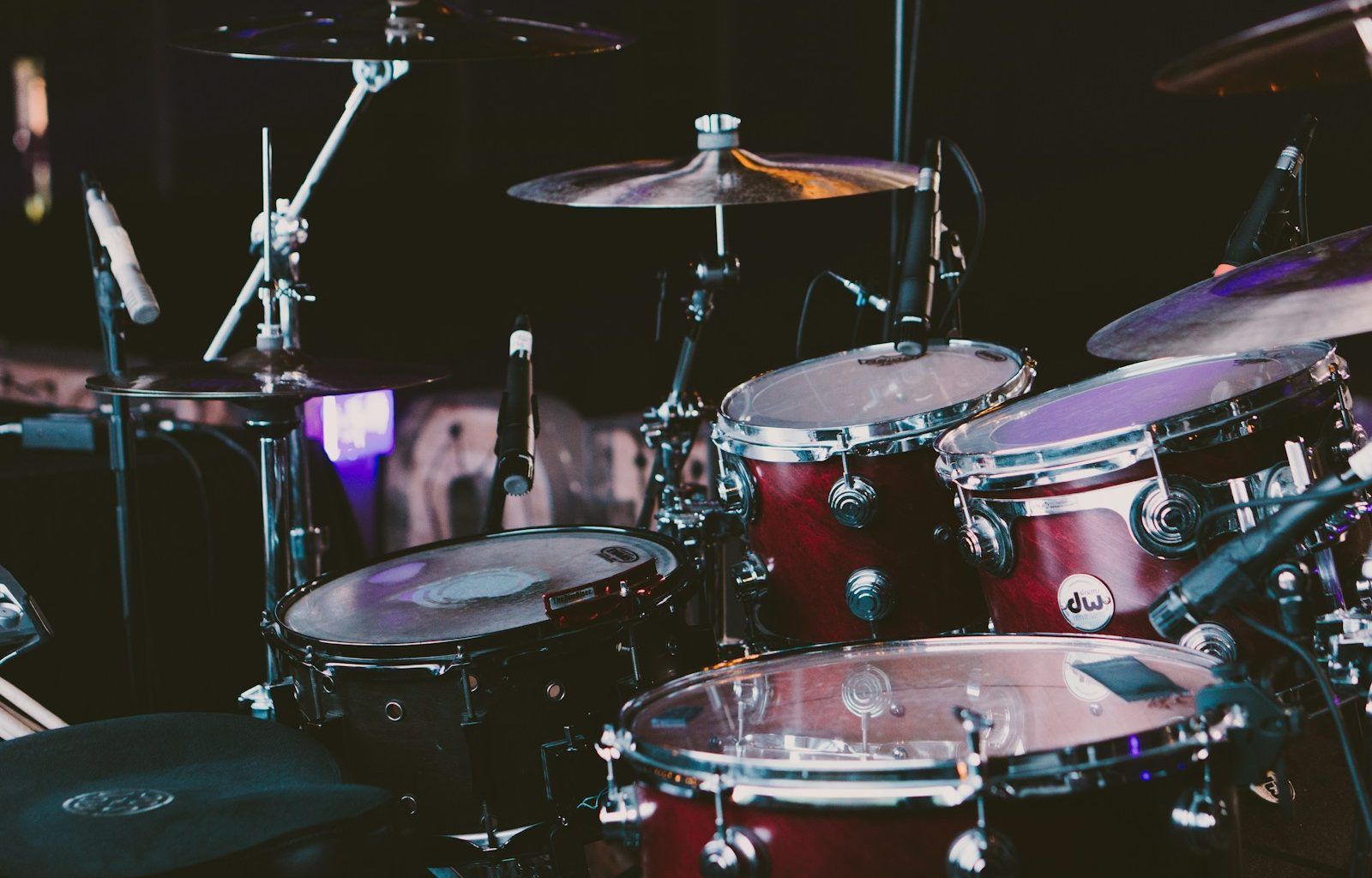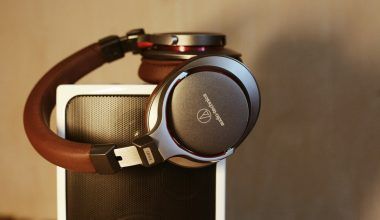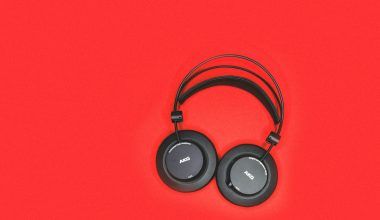Creating a music making studio is a dream for many music enthusiasts. Whether you’re a seasoned producer or a beginner exploring your passion, a well-designed studio can make all the difference. Let’s dive into how you can set up your perfect space and make your music-making journey more enjoyable.
Why a Music Making Studio Matters
A music making studio is more than just a room filled with equipment. It’s your creative haven where ideas turn into masterpieces. Imagine having a dedicated space to experiment with sounds, refine your skills, and bring your music to life without interruptions. With the right setup, your productivity and creativity can soar to new heights.
It Boosts Creativity
When you have a studio tailored to your needs, it becomes easier to focus. Your tools are within reach, the ambiance inspires you, and distractions are minimized. The result? A creative flow that feels almost effortless.
It’s a Professional Space
Whether you’re recording vocals, mixing tracks, or composing, a studio gives you the professional edge. Clients, collaborators, and even fans will take your work more seriously when it comes from a dedicated music making studio.
Setting Up Your Music Making Studio
Building a music making studio might seem overwhelming, but breaking it down into steps makes it manageable. Here’s a roadmap to get you started.
1. Choosing the Right Space
First, pick a room with enough space for your equipment and movement. Avoid rooms with excessive noise or poor acoustics. A spare bedroom, basement, or even a converted garage can work perfectly.
Consider Acoustic Properties
The shape and size of your room play a significant role in sound quality. Rectangular rooms with high ceilings often work best. Avoid rooms with too many reflective surfaces like glass windows or tiled floors, as these can cause sound distortion.
2. Investing in Essential Equipment
Every music making studio needs core equipment. Here’s a list of must-haves:
- Computer: A powerful computer is the backbone of any studio.
- Digital Audio Workstation (DAW): Software like Logic Pro, FL Studio, or Ableton Live is essential for creating, recording, and editing music.
- Audio Interface: This device connects your instruments and microphones to your computer.
- Studio Monitors: High-quality speakers designed for accurate sound reproduction.
- Microphones: Choose depending on whether you’re recording vocals or instruments.
- Headphones: Invest in studio-grade headphones for detailed listening.
3. Creating an Acoustic-Friendly Environment
Good acoustics are vital for a music making studio. Even the best equipment won’t deliver quality sound if your room’s acoustics are off.
Acoustic Treatment Tips
- Use foam panels or diffusers to reduce echo.
- Add rugs, curtains, or fabric furniture to absorb sound.
- Experiment with speaker placement to minimize sound reflections.
4. Organizing Your Workflow
A cluttered studio can be a creativity killer. Arrange your gear ergonomically. Place your DAW controller, keyboard, and mouse in easy-to-reach spots. Cable management tools like ties or racks can keep everything tidy.
Making the Most of Your Music Making Studio
Once your studio is set up, it’s time to focus on maximizing its potential. Here’s how:
Build a Routine
Creating music requires discipline. Set aside regular hours to work in your studio. A routine helps you stay consistent and ensures you’re making steady progress.
Collaborate and Learn
Invite fellow musicians to your studio. Collaboration often sparks new ideas and helps you learn from others. Plus, having someone else’s input can elevate your tracks to the next level.
Experiment with Different Genres
Don’t limit yourself to one genre. Use your music making studio to explore different styles. Experimenting keeps the creative process exciting and helps you grow as an artist.
Troubleshooting Common Issues in a Music Making Studio
Every studio owner encounters challenges. Here’s how to tackle a few common ones:
Noise Bleed
Soundproofing is key. Add extra insulation to walls, doors, and windows. If budget is a concern, even thick blankets or rugs can help.
Technical Glitches
Always keep your software and hardware drivers updated. Regular maintenance prevents sudden breakdowns.
Creative Blocks
Change your environment. Rearrange your studio or take short breaks. Sometimes stepping away for a bit reignites creativity.
Final Thoughts
A music making studio is a significant investment in your creative journey. Whether you’re recording your first track or fine-tuning your tenth album, the right setup can transform your music. Take it one step at a time, and remember—this space is all about making your passion a reality.
Related Articles:
For further reading, explore these related articles:
- The Evolution and Vibrance of the Indian Music Industry
- Zee Music Company Owner: Shaping the Sound of India
For additional resources on music marketing and distribution, visit DMT Records Private Limited.






